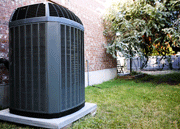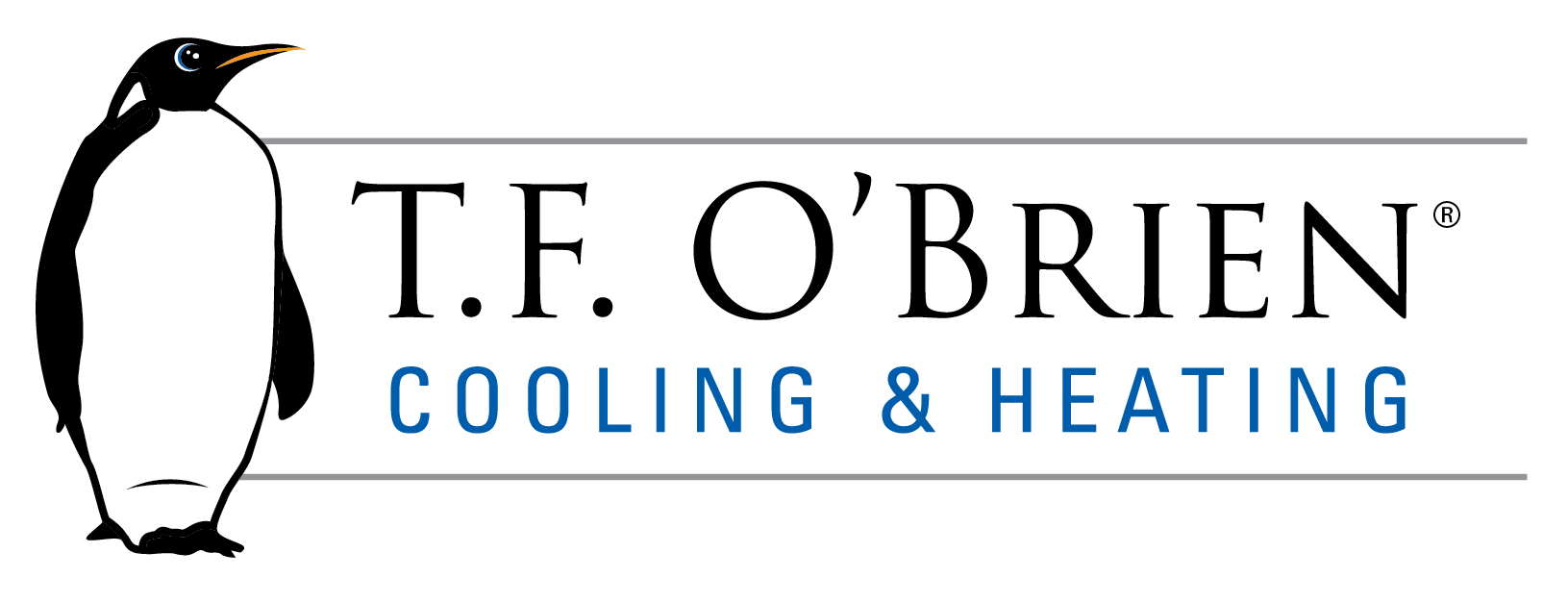 A Cleaner AC System Will Work Better and Longer
A Cleaner AC System Will Work Better and Longer
One of the biggest deterrents for air conditioner efficiency is dust and dirt in the system. That’s why your home’s air conditioner has a filter in the return air duct, to trap as much of this dust as possible.
While the filter helps to keep your A/C system clean, there is always some dust that gets past the filter, especially when the filter is dirty. As a result, it’s critical that homeowners service their air conditioners regularly, with the expert help of an HVAC contractor.
One of the primary air conditioner components impacted by dust is the evaporator. The evaporator coil is what actually cools the air running through your air conditioner. This part, which is not easily accessible to the homeowner, is designed to remove the heat from the air passing through the air-handling unit, thereby cooling the air. To make it as efficient as possible, the space between the fins on the evaporator are very small, making them a great place for dust and dirt to become trapped. And Long Island’s humidity only makes this problem worse.
As more dust and dirt are trapped in the evaporator, less air will flow through your HVAC system. In turn, this reduces the amount of cool air delivered throughout your house, increasing the amount of time that your air conditioner needs to run, with corresponding increases in energy consumption.
To ensure optimal air conditioner efficiency, the evaporator needs to be cleaned annually. As part of your spring A/C maintenance plan, a trained technician will thoroughly clean the dust and dirt out of your air A/C evaporator, along with other components, ensuring you the best possible air conditioner efficiency for your home.
If you need further information about servicing your air conditioner, or have any other questions about home heating and cooling efficiency, contact T.F. O’Brien Cooling & Heating. Serving the Long Island area, our trained experts are ready to help you and answer all your questions.
Our goal is to help educate our customers about energy and home comfort issues (specific to HVAC systems). For more information about other HVAC topics, download our free Home Comfort Resource guide.
Air conditioner image via Shutterstock
